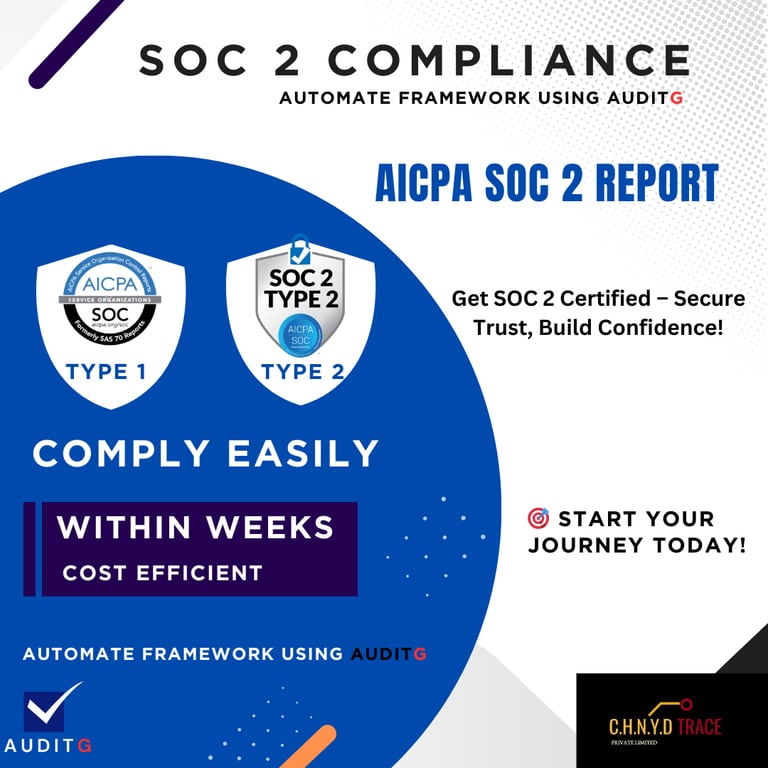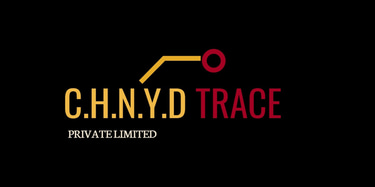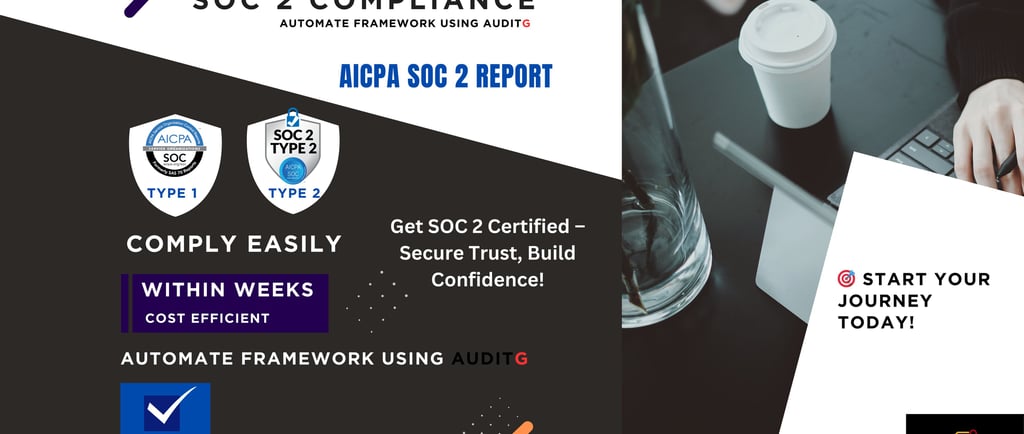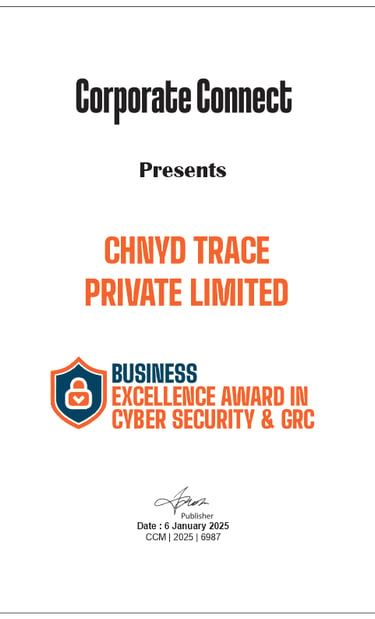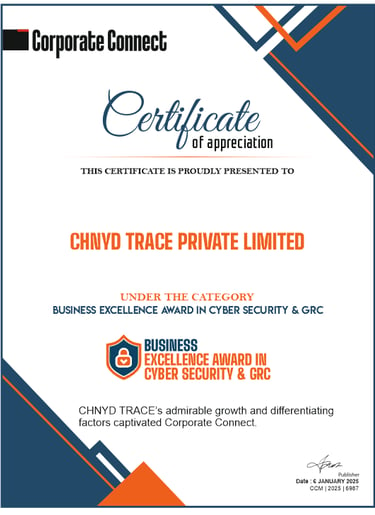soc 1 type 2 certification
SOC 1 Type 2 Certification: What It Covers and Why Enterprises Should Consider It
11/30/20245 min read
What is SOC 1 Type 2 Certification?
SOC 1 Type 2 certification refers to a thorough audit report that assesses the effectiveness of a service organization's internal controls over financial reporting. This certification is grounded in the Statement on Standards for Attestation Engagements (SSAE) No. 18, which provides guidelines for evaluating these controls. The primary purpose of SOC 1 Type 2 is to offer assurance to clients regarding the reliability of the services provided by the organization, particularly in terms of financial data handling. It is particularly crucial for enterprises that rely on third-party services, as it ensures that the service provider maintains robust control measures in managing financial reporting.
One key aspect that differentiates SOC 1 Type 2 from SOC 1 Type 1 is the evaluation period covered by the audit. While SOC 1 Type 1 reports assess the design of controls at a specific point in time, SOC 1 Type 2 evaluates the operating effectiveness of those controls over a defined period, typically spanning six to twelve months. This aspect allows organizations to understand how well the internal controls function over time, providing a more comprehensive picture of the service provider's operational reliability.
Additionally, the SOC 1 Type 2 audit incorporates testing of controls and includes an examination of the service organization's control environment, risk management, and compliance processes. This rigorous examination ensures that organizations can confidently process their financial information with their service providers, knowing that the necessary safeguards are in place. Ultimately, SOC 1 Type 2 certification enhances trust and transparency between clients and their third-party vendors, making it a vital component of risk management in enterprises that handle sensitive financial data.
What SOC 1 Type 2 Certification Covers
SOC 1 Type 2 certification is a crucial aspect of evaluating the controls related to financial reporting processes within service organizations. This certification specifically focuses on several key areas that organizations must adhere to in order to maintain compliance and provide assurance to their clients. The evaluation process covers risk assessment, control activities, information and communication, and monitoring of controls, each of which plays a pivotal role in the overall effectiveness of internal controls.
Risk assessment is the first critical area examined in the SOC 1 Type 2 certification. Organizations are required to identify and assess risks that may impact financial reporting. This involves determining the likelihood and magnitude of these risks, which aids organizations in developing appropriate control measures to mitigate identified risks. Effective risk assessment ensures that the organization remains vigilant and proactive in responding to potential risks that could affect the accuracy of financial reports.
Control activities represent another vital component evaluated during the certification process. These are the policies and procedures implemented by the organization to ensure that management directives are carried out effectively. Control activities may include automated controls embedded within systems, as well as manual processes that require employee intervention. Such activities ensure that data integrity is maintained and that financial transactions are processed accurately.
Information and communication are also assessed as part of the SOC 1 Type 2 certification. Organizations must ensure that relevant information is captured and communicated effectively to meet the needs of stakeholders and facilitate informed decision-making. This communication not only encompasses internal reporting but also includes the flow of information to external stakeholders, which is essential for maintaining credibility and transparency.
Finally, the monitoring of controls is a continuously ongoing process that evaluates the performance of control activities. This area focuses on whether the implemented controls are functioning as intended over a specific period, thereby reinforcing the reliability of financial reporting. The SOC 1 Type 2 report provides valuable insights into this effectiveness, helping organizations ensure that their controls operate consistently over time and adapt to any changes in processes or technology.
Benefits of SOC 1 Type 2 Certification for Enterprises
SOC 1 Type 2 certification is an essential assurance framework for organizations that manage processes affecting client financial reporting. One of the primary benefits of obtaining this certification is the enhanced trust and credibility it establishes with clients and stakeholders. By undergoing a rigorous audit, enterprises demonstrate their commitment to maintaining high standards of internal control, which in turn reassures clients about the reliability of their financial reporting processes. This trust is paramount in fostering long-term relationships with customers, partners, and investors.
Additionally, SOC 1 Type 2 certification plays a significant role in risk reduction. By adhering to standardized controls and conducting ongoing assessments, organizations can identify vulnerabilities in their systems and processes. This proactive approach minimizes the likelihood of errors and fraud, thus protecting both the company and its clients. Furthermore, being SOC 1 Type 2 certified shows regulatory compliance, which is increasingly important in today's stringent regulatory landscape. Organizations can demonstrate their adherence to rules and guidelines, potentially avoiding hefty penalties or legal issues.
Another advantage of SOC 1 Type 2 certification is the improvement of internal controls. This certification process encourages organizations to refine their operational processes, leading to increased efficiency and effectiveness. By implementing best practices in internal control frameworks, enterprises can optimize their operations, ultimately contributing to better financial performance and accountability.
Moreover, achieving SOC 1 Type 2 certification can provide companies with a competitive edge in the market. As more clients demand assurance regarding service providers' operational efficiency and reliability, organizations certified under this framework can position themselves favorably. This not only attracts new clients but also strengthens existing business relationships, as partners are more inclined to collaborate with certified organizations that prioritize transparency and commitment to quality standards.
Why Enterprises Should Consider SOC 1 Type 2 Certification
In an increasingly competitive business landscape, enterprises are constantly seeking ways to enhance their operational integrity and build trust with stakeholders. One strategic measure that organizations should consider is obtaining a SOC 1 Type 2 certification. This certification not only serves as a testament to an organization's commitment to maintaining high standards in data security and financial reporting but also plays a critical role in strengthening its reputation within the industry.
By achieving SOC 1 Type 2 certification, enterprises demonstrate to clients and partners that their internal controls are effectively designed and operating as intended over a specific period of time. This level of transparency can significantly boost stakeholder confidence, as it provides assurances regarding the reliability of financial information processed by the organization. In regulated industries, where compliance with specific financial reporting standards is mandatory, achieving SOC 1 Type 2 certification can also help organizations meet these stringent requirements efficiently.
Moreover, as businesses continue to outsource critical functions, demonstrating compliance with established industry standards becomes paramount. SOC 1 Type 2 certification validates that the service provider's impact on the financial reporting of clients is secure and reliable, thereby maintaining a level of trust that is essential for long-lasting client relationships. This certification also differentiates compliant organizations from their competitors, positioning them favorably in negotiations and tendering processes.
As enterprises navigate the complexities of data governance and compliance, pursuing SOC 1 Type 2 certification becomes a proactive step in minimizing risks associated with financial inaccuracies and data breaches. It sets a benchmark for operational excellence and strategic risk management, ensuring that organizations are not just keeping pace with industry demands, but are also leading the charge towards best practices in security and accountability. In conclusion, the pursuit of SOC 1 Type 2 certification is not just a regulatory formality; it is a strategic investment in an organization's credibility and future success.
Contact Us for SOC 2
Reach out for SOC 2 Type 2 certification inquiries and AICPA attestation details. We're here to assist you with your compliance needs.
